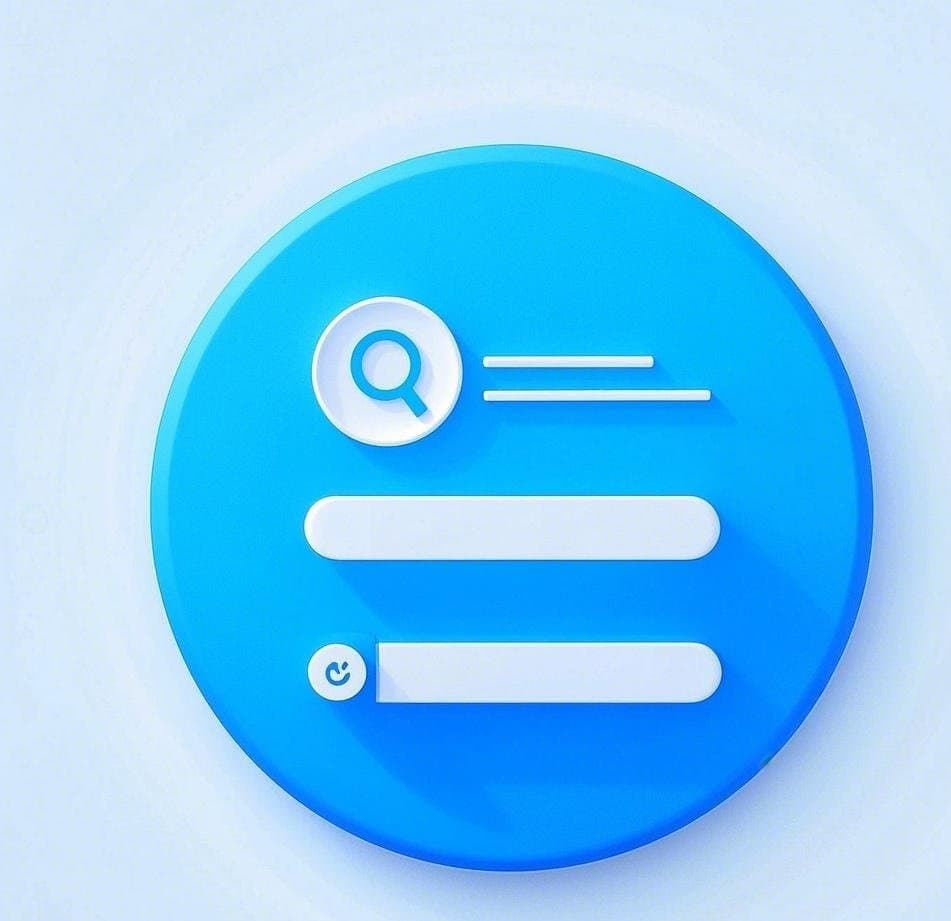
CRM Industries: Understanding the Unique CRM Needs by Industry
CRM Industries: Understanding the Unique CRM Needs by Industry
As businesses continue to embrace digital transformation, customer relationship management (CRM) has become an essential tool for managing customer interactions and improving overall business performance. However, not all industries have the same CRM needs. Real estate agents, for example, rely heavily on their network to close deals, while contractors might use a CRM system to track employees' work times. In this article, we will explore how CRM requirements vary across different industries and provide insights on selecting the right CRM solution for your business.
Different Types of CRMs: Industry-Specific vs. General
When it comes to choosing a CRM, businesses have two main options: industry-specific CRMs and general-purpose CRMs. Industry-specific CRMs are tailored to meet the specific needs of a particular industry. They offer niche features that align with the industry's unique workflows and requirements. For example, a real estate CRM might include features for managing property listings, tracking leads, and automating follow-ups.
On the other hand, general-purpose CRMs are designed to be versatile and adaptable across various industries. They provide a wide range of features that can be customized to fit different business needs. While general-purpose CRMs may not have industry-specific features out of the box, they offer flexibility and scalability, making them suitable for businesses that operate in multiple industries or have unique requirements.
Advantages of Industry-Specific CRMs
Industry-specific CRMs offer several advantages that make them a preferred choice for many businesses:
-
Niche features: Industry-specific CRMs often come with specialized features that are designed to address the unique challenges and workflows of a particular industry. These features can help streamline operations and improve efficiency.
-
Compliance and safety: Certain industries, such as healthcare and finance, have strict compliance and safety requirements. Industry-specific CRMs are built with these regulations in mind, ensuring that businesses remain compliant and secure.
-
Access to industry expertise: Industry-specific CRMs are often developed by vendors with deep domain knowledge and expertise in the specific industry. This allows businesses to leverage the vendor's industry insights and best practices, leading to better outcomes.
-
No need for extensive customization: Since industry-specific CRMs are built for a specific industry, they are more likely to meet the business's requirements without the need for extensive customization. This saves time and effort during implementation.
Considerations for Choosing the Right CRM
When selecting a CRM for your business, it's important to consider the following factors:
-
Industry requirements: Evaluate your industry-specific needs and determine if an industry-specific CRM can address them effectively. Consider the unique workflows, compliance requirements, and challenges that are specific to your industry.
-
Scalability and flexibility: Assess your future growth plans and determine if the CRM can scale along with your business. Look for a CRM that offers flexibility and customization options to adapt to changing business needs.
-
Integration capabilities: Consider the CRM's integration capabilities with other essential business tools, such as email marketing software, project management tools, or accounting systems. Seamless integration can enhance productivity and streamline processes.
-
User-friendly interface: Choose a CRM with an intuitive and user-friendly interface to ensure easy adoption by your team. A complex CRM may require extensive training and hinder productivity.
-
Vendor reputation and support: Research the CRM vendor's reputation, customer reviews, and level of customer support. A reliable vendor with excellent customer support can ensure a smooth implementation and provide ongoing assistance when needed.
Industries Relying on CRMs
CRMs are utilized across a wide range of industries. Here are a few examples of industries that heavily rely on CRMs:
-
Real Estate: Real estate agents and agencies use CRMs to manage leads, track property listings, automate follow-ups, and analyze market trends.
-
Construction: Contractors and construction companies utilize CRMs to track project progress, manage client relationships, and streamline communication with suppliers and subcontractors.
-
Finance: Financial institutions and wealth management firms leverage CRMs to manage client portfolios, track financial transactions, and ensure compliance with regulatory requirements.
-
Healthcare: Hospitals, clinics, and healthcare providers rely on CRMs to manage patient relationships, schedule appointments, and maintain electronic health records.
-
E-commerce: Online retailers use CRMs to track customer orders, manage inventory, analyze purchase patterns, and personalize marketing campaigns.
-
Hospitality: Hotels and hospitality businesses utilize CRMs to manage guest bookings, track customer preferences, and deliver personalized experiences.
In conclusion, choosing the right CRM for your business requires careful consideration of industry-specific needs, scalability, integration capabilities, user-friendliness, and vendor support. Industry-specific CRMs offer advantages such as niche features, compliance adherence, access to industry expertise, and reduced customization requirements. However, general-purpose CRMs provide flexibility and adaptability for businesses operating in multiple industries. By understanding your unique CRM requirements and evaluating available options, you can select a CRM that aligns with your business goals and improves customer relationship management across your organization.
Sign up for Bika.ai and streamline your customer relationship management today!
Remember, choosing the right CRM is crucial for managing customer relationships effectively and driving business growth. Stay informed about the latest CRM trends, industry-specific features, and best practices to stay ahead of the competition.

Recommend Reading
- Choosing the Right AI Content Detector: A 2025 Comparison Guide
- Choosing the Right AI Content Detector in 2025: A Comprehensive Review
- Beyond ChatGPT: Choosing the Right AI Tool for YouTube to Twitter Sharing Automation - Bika.ai Compared
- Elevate Your Presentations: The Best Presentation Software Alternatives to PowerPoint in 2025
- Beyond Basic Tracking: How Business Contract Management Can Supercharge Your Habit Building
Recommend AI Automation Templates





